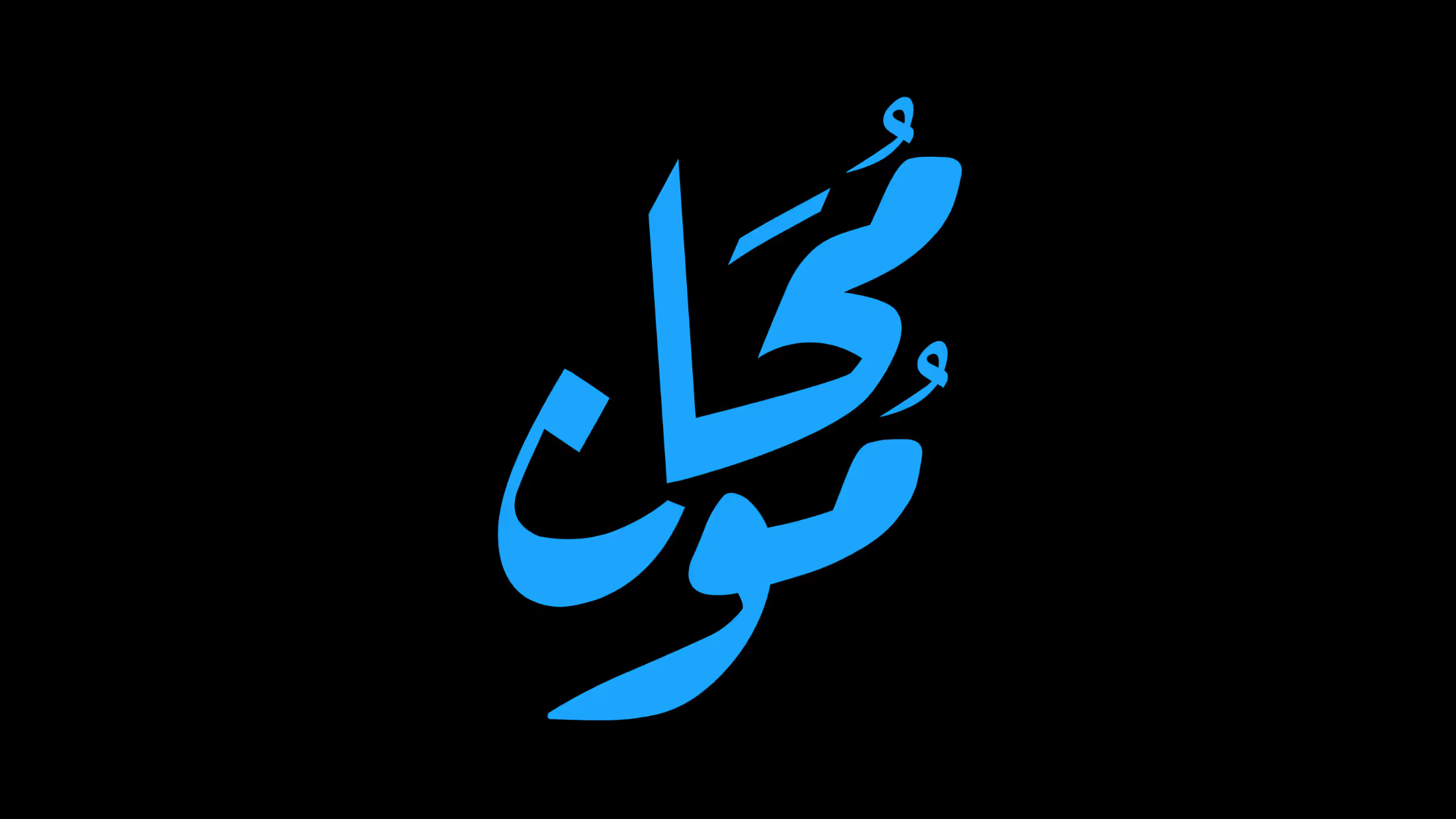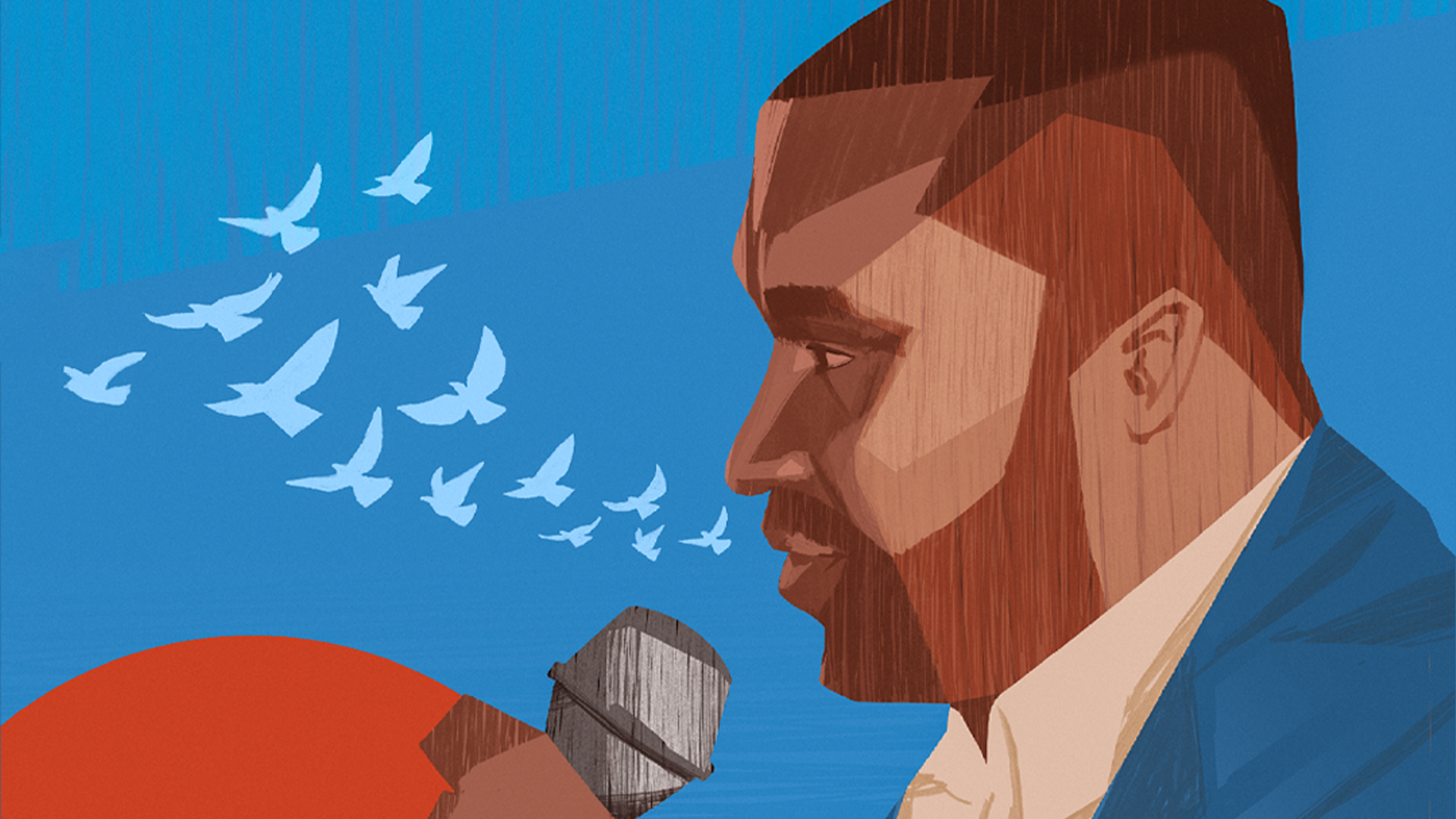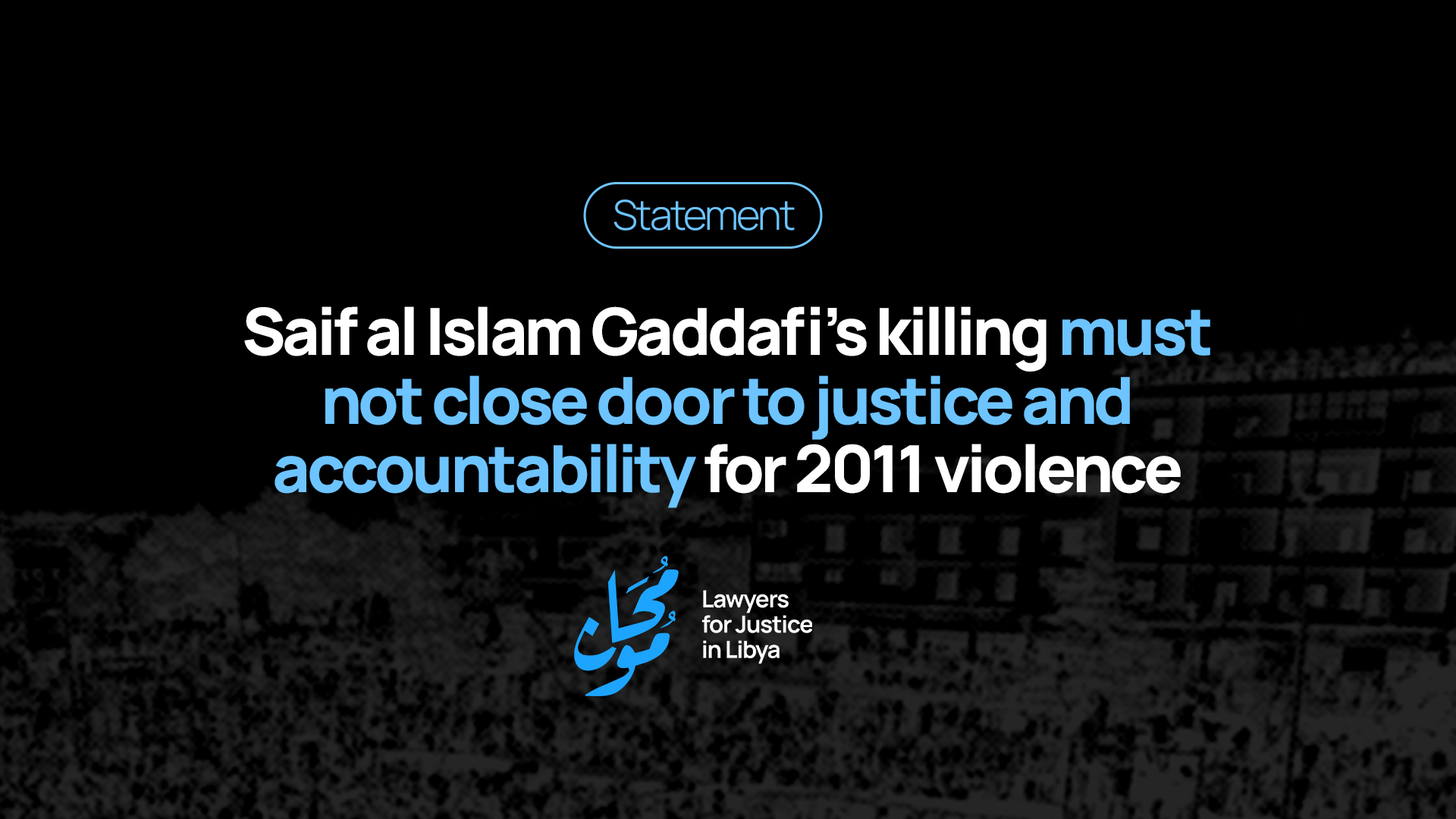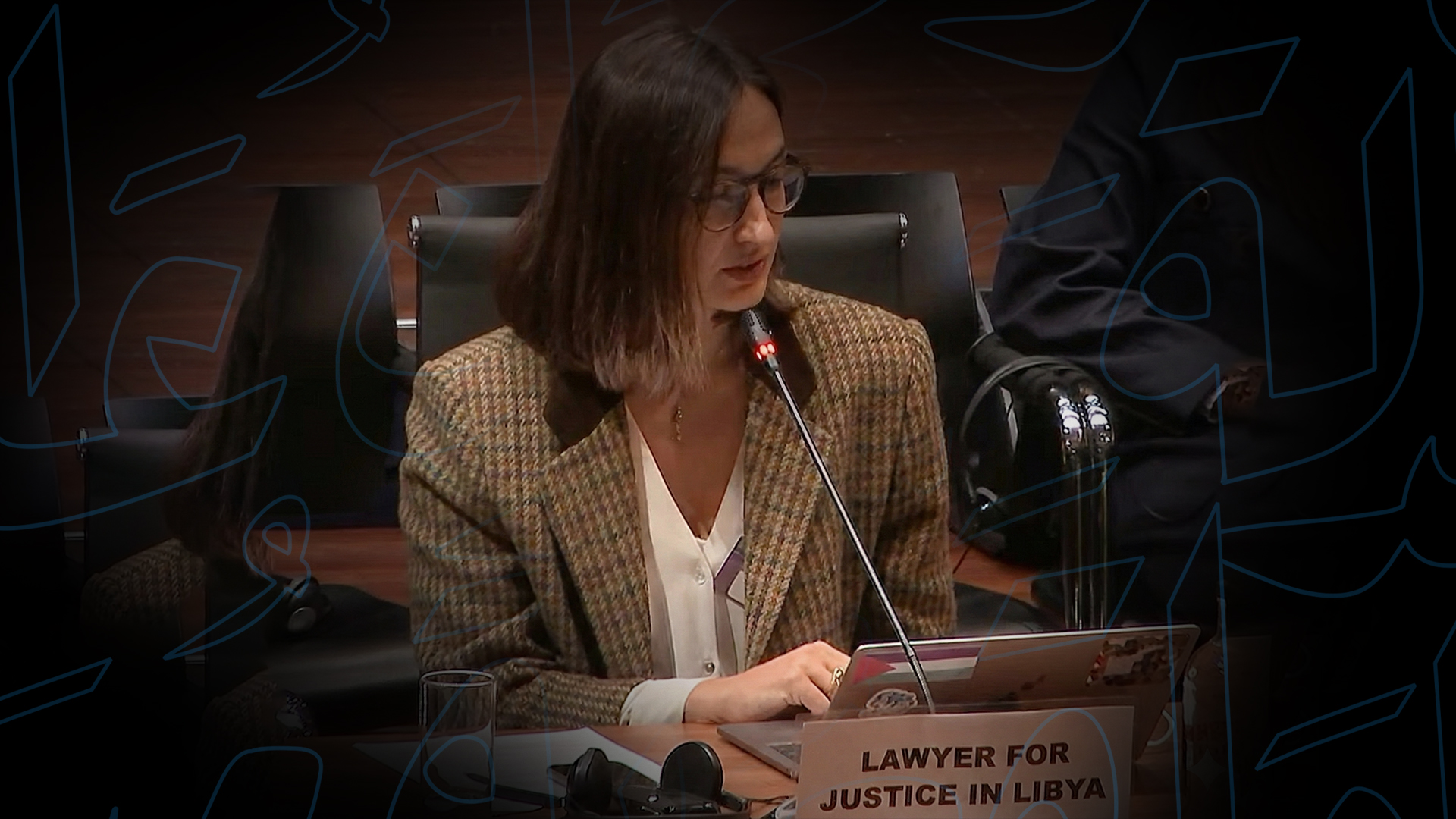LFJL publishes the second issue of the Sawti reports
Lawyers for Justice in Libya (LFJL) is proud to release the second issue of the Sawti reports, a series of three periodic reports on freedom of expression in Libya. Following the first report’s analysis of freedom of expression throughout Libyan modern history, the new report details how Libya’s legal framework has had an impact on the current enjoyment of freedom of expression, association, and assembly in Libya. The second report can be accessed through the following link.
Libya’s legal framework contains numerous laws that directly and indirectly restrict the enjoyment of freedom of expression, association and assembly. Despite the adoption of the interim Constitutional Declaration in 2011, which afforded these rights limited protection, subsequent Libyan administrations have failed to repeal restrictive laws and have even adopted new repressive measures. As a result, these fundamental rights continue to be illegitimately restricted by the law, including through the use of several articles of the Penal Code which criminalise various acts of expression and provide severe punishments, including the death penalty.
In the second Sawti report, LFJL details the prominent provisions causing concern in Libya at present and details their potential impact on the enjoyment of freedom of expression, association, and assembly rights in Libya. The report particularly focuses on the impact such restrictions have on the activities of civil society. It also examines the laws’ compliance with Libya’s international legal obligations and explains why any such departure from these requirements is problematic. The issue also looks to the future, discussing the strengths and weaknesses of the Draft Constitutional Recommendations put forward by the Constitutional Drafting Assembly (CDA). In an interview with Dr. Al-Hadi Abu-Hemra, a member of the CDA’s Committee of Rights and Freedoms, the report provides insight into the rationale behind many of the upcoming recommendations.
Filomena Fittipaldi, Freedom of Expression Programme Coordinator at LFJL, said “Establishing a society which respects, protects and fulfils human rights of all kinds requires each person to have the freedom to express, assemble and to form associations. The legitimate exercise of these freedoms is currently endangered by Libya’s obstructive legal framework, which has especially been an impediment on the activities of Libyan civil society. The Sawti reports hope to highlight problematic provisions and advocate for the protection of these fundamental rights.”
LFJL once again hopes that the Sawti reports will encourage readers to participate and actively discuss human rights issues in Libya. LFJL wishes to invite you to share your thoughts on the issues brought up in this first report and to let us know what issues you would like us to explore going forward. To do so, please send your emails to sawti@libyanjustice.org or join the conversation on Twitter or on our Facebook page.





